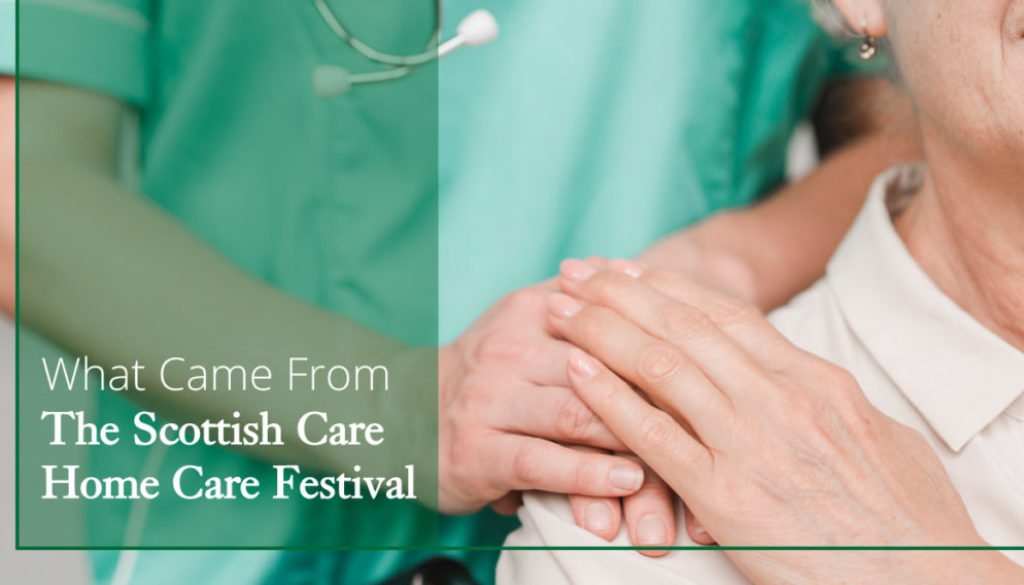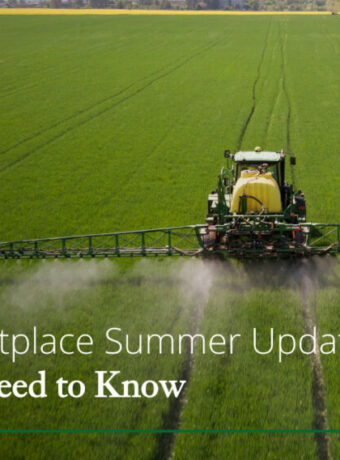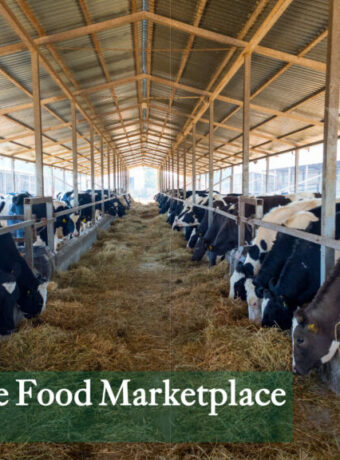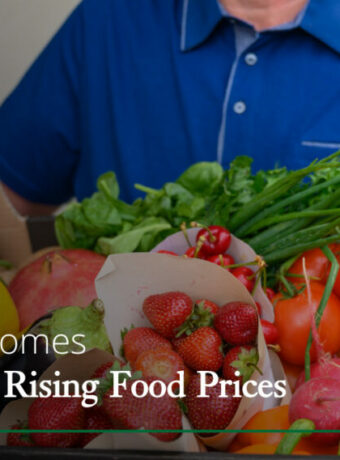The Vital Role of Nutrition During & After Covid-19
At the core of our Care Home catering service is nutrition; we have made it our duty to ensure suitable care and thought has gone into every mouthful of food the patients we support eat. The simple reason for this is because we feel it is ones right during a time in life when many of those in care cannot make these choices themselves.
The very well-known phrase ‘you are what you eat’ could not be truer at this time in life. We have seen incredible changes, both in health and cognitive response, by simply paying closer attention to the menu fed to patients; some have been quite remarkable.
So during a time when health and physical resilience has never been more vital, shouldn’t every line of defence we have as human beings be fortified in order to fight the best fight?
Covid-19 and Nutrition
We must state to begin with that nutrition cannot cure or protect anyone against Covid-19; we are in a position currently where nothing can apart from protection against exposure. However, nutrition can and does build physical resilience and support immune response. This helps give our bodies the best chance to fight disease and hopefully recover far quicker.
The first step in improving nutrition is providing a wide variety of foods from each food group to ensure good intakes of protein, and essential nutrients from fruit and vegetables. Food should not be seen as simply a way to serve hunger.
We must pay close attention to micronutrients, which are important in the complex workings of our immune system, as they have key roles at every stage of the immune response. One of these micronutrients currently being highlighted is vitamin D.
It is already advised that 10micrograms (400iu) of vitamin D supplements are taken by everyone, every day. This is because it can be difficult to get sufficient Vitamin D from our diets. Also, in the UK, getting enough sunshine exposure is difficult, especially for individuals in care settings. There is some initial emerging evidence that vitamin D is involved in the immune response for some respiratory pathogens and therefore long term supplementation may help to prevent respiratory infections. Further research and trials will need to be carried out to gain firmer evidence. However, in the meantime the supplementation of Vitamin D is already a recommendation for musculoskeletal health.
Sources of Vitamin D
Good dietary sources of vitamin D are:
- Red meat
- Liver
- Oily fish
- Eggs
- Some breakfast cereals and margarine are fortified with vitamin D.
The Concluding Point
Identifying and preventing malnutrition is the crucial task to maintaining health and wellbeing and helping with recovery for those who do get the virus. Ignoring this part of health and wellbeing is like unlocking the door to potential intruders.
We are working tirelessly to help care homes fight this virus and create the best defence systems possible. So please contact us for further information and advice.




